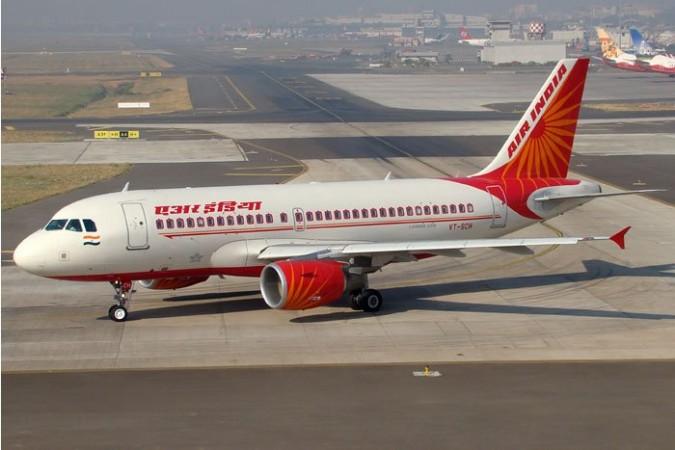
The International Air Transport Association (IATA) has called for improved intelligence sharing and preventive measures among foreign government agencies to tackle mounting cyber security risks faced by the aviation sector, reports PTI.
"Every flight that takes off or lands is the result of working together and information sharing among many different entities such as airlines, airports and air navigation service providers (ANSPs). Yet the very nature of this collaboration also enables potential cyber vulnerabilities," a top cyber security expert was quoted as saying at the conference held in Dublin.
Top cyber security experts who attended the conference warned that cyber crimes such as taking over communication of aircraft-to-ground communication, stealing data of credit cards or frequently flyer programmes and document fraud could jeopardise the industry's financial health.
Kurt Pipal, FBI's Assistant Legal Attache in the UK, observed that 13 percent of cyber attacks like hacking or phishing resulted from "insiders" in a company.
The discussion on cyber threats in civil aviation industry comes at the heel of recent hacking of Air India's frequent flyer programme, dubbed Flying Returns, which has over 195,000 customers. Hackers reportedly took control of at least 20 accounts of members in the exclusive club and had redeemed flying miles worth Rs. 1.6 million.
An investigation into the incident revealed that the organised crime was committed after the hackers sabotaged around 23 accounts belonging to the administration group which verify member fliers' documents in order to qualify them under the programme's terms and conditions, according to a Times of India report. The accounts were immediately frozen.
Last year, American Airlines and Sabre, two companies that make online reservation on behalf of customers, were targets of hackers from China.
Another carrier, United Airlines, whose vouchers were stolen and resold after their website was hacked, launched a 'Bug Bounty' programme to reward hackers who report loopholes in the company's security vulnerabilities with one million frequent flyer miles.

















